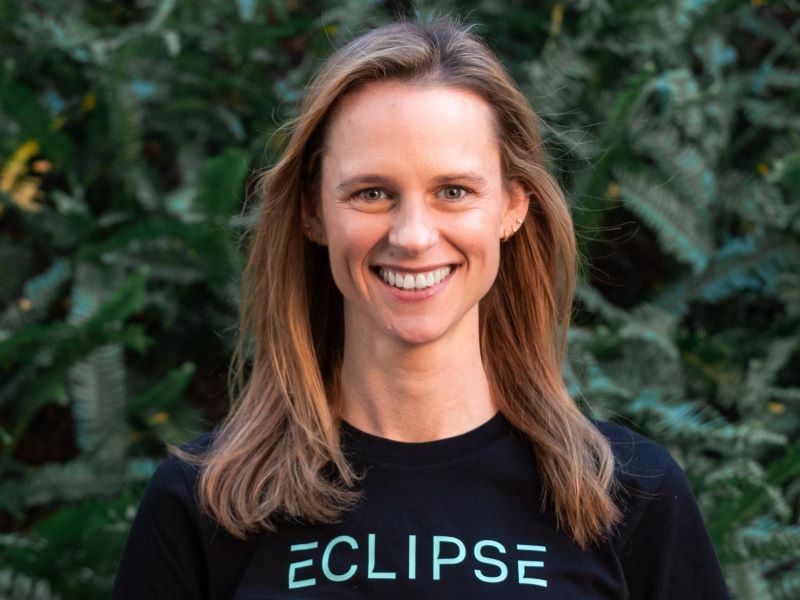Brisbane-based biotech company Eclipse Ingredients has launched with $7.2 million in funding after navigating a long and often grueling path from CSIRO research project to commercial spinout, an experience founder and chief executive Siobhan Coster describes as “not for the faint-hearted”.
The company uses precision fermentation to produce bio-identical human lactoferrin — a potent but difficult-to-source protein with applications in immune health, nutrition and skincare. It emerges after four years of lab work, IP negotiations, and relentless business development.
“The process was mentally, financially, and emotionally testing,” Ms Coster told InnovationAus.com. “There were times I thought I couldn’t go on. I don’t think people realise how tough it is to take something from concept to spinout, especially in health biotech.”

Despite those challenges, Eclipse has secured $7.2 million to scale its platform. The funding includes $2.9 million from the federal government’s Food and Beverage Accelerator and a lead investment from global AgriFood Tech venture capital firm, AgFunder.
“By solving a critical bottleneck for the production of complex functional proteins, we believe they are positioned to disrupt the global wellness and skincare markets,” AgFunder founding partner Michael Dean said.
The company’s technology, developed in partnership with CSIRO, allows for the production of human lactoferrin through engineered yeast cells in a precision fermentation process likened to brewing. Instead of alcohol, the output is a highly bioactive health compound.
While the benefits of human lactoferrin are well-established, producing it at commercial scale has been a technical and economical challenge.
Eclipse’s early applications will be in skincare and wellness. A consumer-facing skincare product is slated for launch by 2027, with a view to expand into functional health and infant nutrition markets, particularly across Asia-Pacific.
While Australia’s public research organisations are world-leading in health and agricultural science, Ms Coster said the ecosystem still presents major hurdles for researchers seeking to spin out companies.
“Even with CSIRO’s support, I had to self-fund early development and keep pushing through bureaucratic processes,” she said.
“There’s a real need for clearer spinout frameworks and better early-stage financial support, because a lot of promising IP won’t get off the ground otherwise.”
To researchers considering the commercialisation pathway, Ms Coster offered a mix of encouragement and caution: “Make sure the problem you’re solving really matters. Be crystal clear about the pain point and the value you can unlock, and be prepared to commit to years of hard, unglamorous work.”
She also emphasised the importance of external support. “Don’t go it alone. Find mentors who’ve done it before. Build relationships early with potential investors, manufacturing partners, and regulators. Commercialisation isn’t just science; it’s strategy, storytelling, and stamina.”
Ms Coster, a qualified dietitian with a Master of Business Administration, said becoming a mother during the company’s formation made the mission more personal.
“Ingredients like human lactoferrin offer incredible health benefits across all life stages – including for babies – yet they’ve been locked away,” she said.
“We’re not just making ingredients, we’re transforming what’s possible when nature’s most powerful compounds become accessible at scale.”
“We’ve built Eclipse’s platform to be super capital-efficient, leveraging existing infrastructure and expertise here in Australia at QUT, UQ and CSIRO. That means we can stay laser-focused on what matters…our people, our patents and breakthrough science.”
Do you know more? Contact James Riley via Email.
